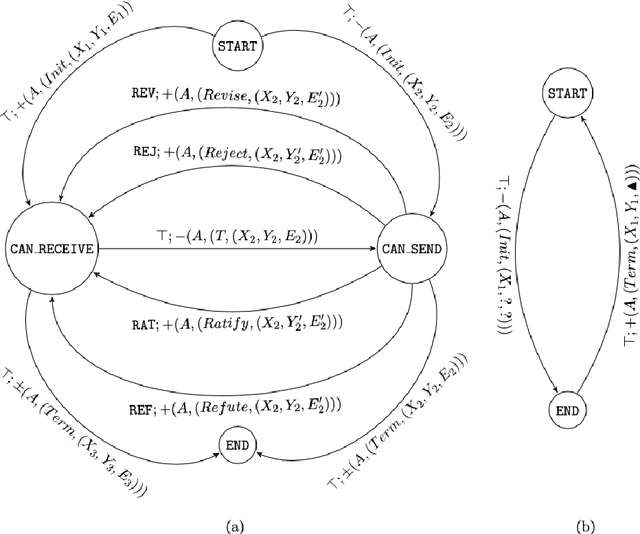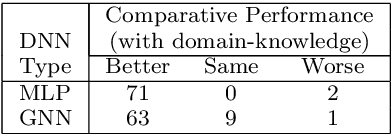A. Baskar
A Protocol for Intelligible Interaction Between Agents That Learn and Explain
Jan 04, 2023



Abstract:Recent engineering developments have seen the emergence of Machine Learning (ML) as a powerful form of data analysis with widespread applicability beyond its historical roots in the design of autonomous agents. However, relatively little attention has been paid to the interaction between people and ML systems. Recent developments on Explainable ML address this by providing visual and textual information on how the ML system arrived at a conclusion. In this paper we view the interaction between humans and ML systems within the broader context of interaction between agents capable of learning and explanation. Within this setting, we argue that it is more helpful to view the interaction as characterised by two-way intelligibility of information rather than once-off explanation of a prediction. We formulate two-way intelligibility as a property of a communication protocol. Development of the protocol is motivated by a set of `Intelligibility Axioms' for decision-support systems that use ML with a human-in-the-loop. The axioms are intended as sufficient criteria to claim that: (a) information provided by a human is intelligible to an ML system; and (b) information provided by an ML system is intelligible to a human. The axioms inform the design of a general synchronous interaction model between agents capable of learning and explanation. We identify conditions of compatibility between agents that result in bounded communication, and define Weak and Strong Two-Way Intelligibility between agents as properties of the communication protocol.
 Add to Chrome
Add to Chrome Add to Firefox
Add to Firefox Add to Edge
Add to Edge